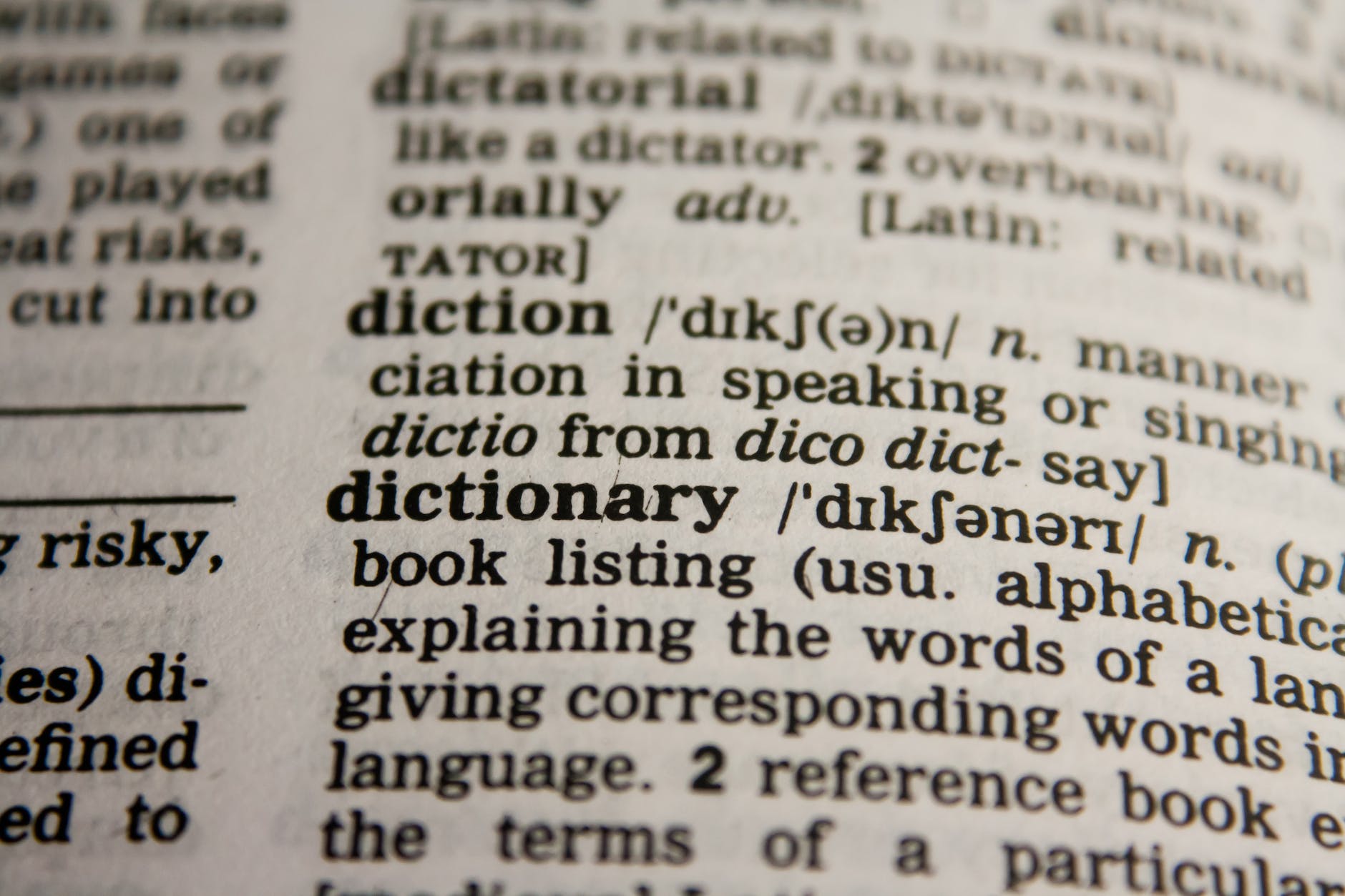In British English, “practice” (with a “C”) is the noun form, and “practise” (with an “S”) is the verb form. In American English, “practice” (with a “C”) is used for both the noun and the verb form.
Difference Between Practice And Practise (Canada)
Since we’re in Canada, it’s worth noting that Canadian English often follows British spelling conventions. Therefore, you might use “practice” as a noun (e.g., “soccer practice”) and “practise” as a verb (e.g., “I will practise soccer”). However, American spellings are also commonly found in Canada, so using “practice” for both might not be considered incorrect.
Common Mistakes: Spelling of Practice/Practise
As a lawyer, I sometimes make the mistake of mixing up practise and practice when I write about “practising the law”. It’s a common mistake, so I don’t worry too much! I have to just remember that in the context of Canadian English, which, again, generally follows British conventions, I should typically use “practise” as the verb.
Quick Review: Above, when I wrote about “practising the law,” I was using the correct form. I correctly used the “S” for a verb instead of the “C”(which is for nouns only in Canada). Correspondingly, it is right to say that “Dutton Employment Law is my “law practice”” (that’s the name of my law firm).
The tricky about practise vs practice, for lawyers, is when your referring to the law as a field or profession, and not as doing your job, you have to use “practice” as the noun, such as in “the practice of law.”
Is It Practise Or Practice
Here’s a simple trick to remember the difference between practise and practice (if you are in Canada):
If you mean the action (verb), use “practise.”
If you mean the occupation or routine (noun), use “practice.”
Of course, you can always double-check with a Canadian dictionary or style guide to make sure you’re following the preferred conventions in your specific context.

Examples: Practise vs Practice
Here are some examples that illustrate the use of “practice” (noun) and “practise” (verb) outside the context of law:
Using “practice” (noun):
“Regular practice is the key to mastering a new skill.”
“The doctor opened a new medical practice in the town.”
Using “practise” (verb):
“She needs to practise her speech before the big presentation.”
“If you want to become a good pianist, you must practise every day.”
Remember, these distinctions apply to British and Canadian English. In American English, “practice” would be used for both the noun and verb forms.

Read More: Is it Moot Point or Mute Point? Is it Labour or Labor?

Jeff is a lawyer in Toronto who works for a technology startup. Jeff is a frequent lecturer on employment law and is the author of an employment law textbook and various trade journal articles. Jeff is interested in Canadian business, technology and law, and this blog is his platform to share his views and tips in those areas.